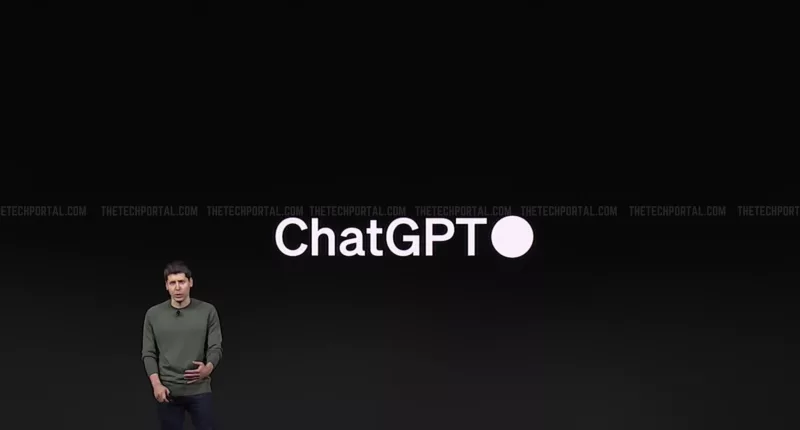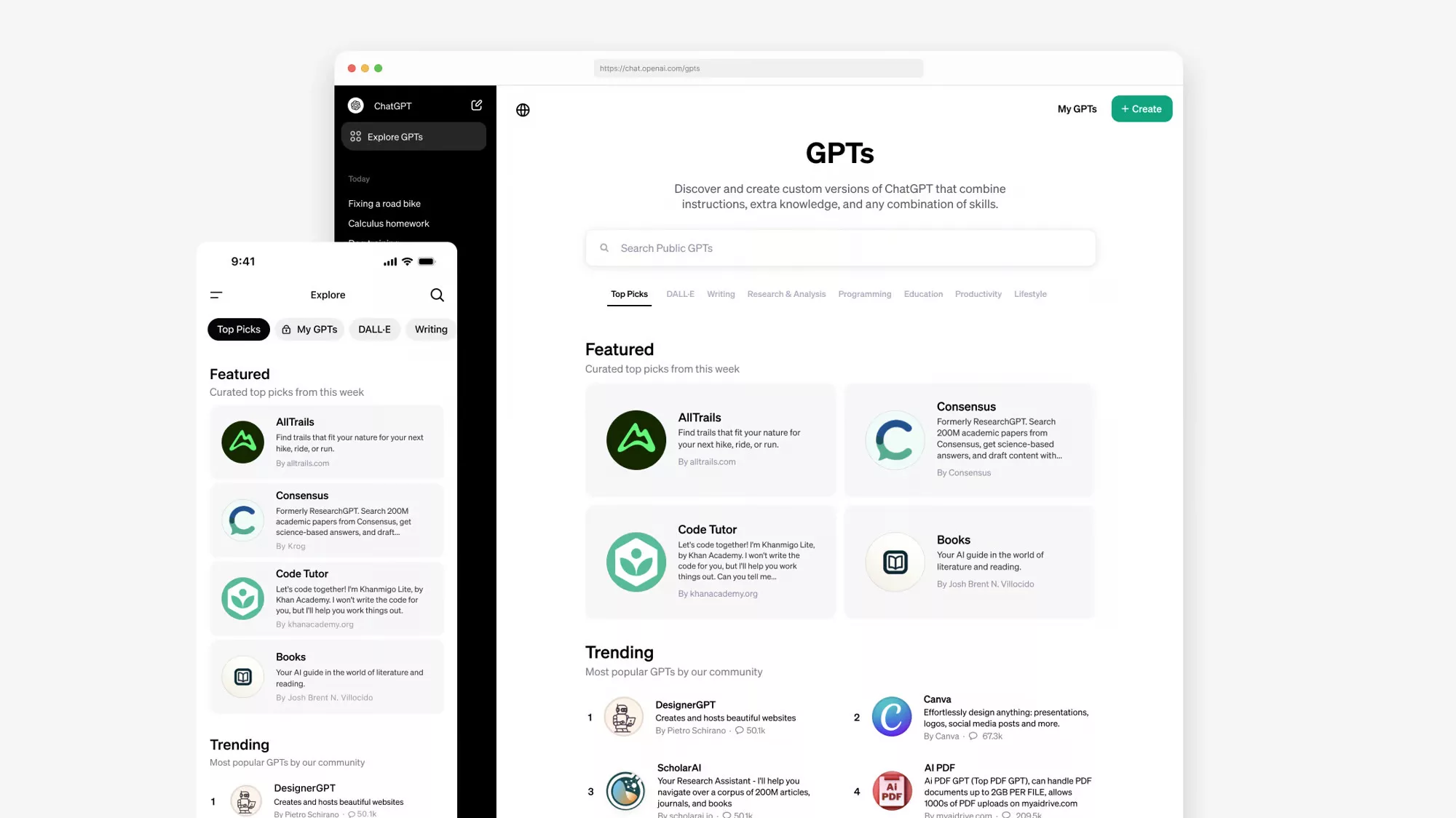After a long wait, OpenAI has officially launched the GPT Store, a revolutionary marketplace for custom-made chatbots, that seamlessly integrates into the widely acclaimed ChatGPT platform. This significant milestone comes on the heels of the GPT Builder program announcement in November, revealing a staggering achievement of over 3 million custom chatbots, referred to as GPTs, crafted by users. The GPT Store serves as a transformative platform, enabling users to not only share and discover bespoke GPTs but also to monetize their creations.
The journey towards the GPT Store’s inauguration commenced with the introduction of the GPT Builder program in November. This program empowered users to create tailor-made chatbots designed for specific tasks, ranging from suggesting synonyms to teaching mathematics and designing stickers. The response from users has been nothing short of enthusiastic, with the creation of over 3 million GPTs since the program’s inception. Users have harnessed the versatile capabilities of GPTs, paving the way for the GPT Store’s much-anticipated launch. And now, it is finally here, and will be made available soon for ChatGPT Enterprise customers.
“It’s been two months since we announced GPTs, and users have already created over 3 million custom versions of ChatGPT. Many builders have shared their GPTs for others to use. Today, we’re starting to roll out the GPT Store to ChatGPT Plus, Team and Enterprise users so you can find useful and popular GPTs. Visit chat.openai.com/gpts to explore,” OpenAI said in an official announcement.
Initially slated for a November debut, the GPT Store encountered delays, pushing its release to December and subsequently to January. Despite these delays, the platform’s unveiling was met with heightened anticipation, signifying a pivotal expansion of OpenAI’s offerings beyond the confines of what the company directly builds for its customers. The delay was attributed to ongoing improvements based on customer feedback and internal adjustments within the company.
The GPT Store transcends being a mere repository; it stands as a dynamic marketplace where users subscribing to OpenAI’s paid tiers can not only share their custom GPTs but also monetize them. This approach mirrors the structure of Apple’s App Store, yet tailored for AI applications. OpenAI envisions the GPT Store as a collaborative space, fostering creativity and innovation within the AI community by allowing users to actively contribute to the broader landscape of AI.
The GPT Store is poised not only as a platform for collaboration but as a potential source of income for adept GPT creators. OpenAI has also announced a revenue-sharing program scheduled for the first quarter of the year. GPT creators will receive compensation based on user engagement with their chatbots. While specific details of the program are yet to be unveiled, this initiative underscores OpenAI’s commitment to recognizing and rewarding the contributions of the GPT builder community.
To ensure quality, safety, and compliance of the GPTs hosted on the platform, OpenAI has also implemented a meticulous review system. This system, incorporating both human and automated reviews, rigorously assesses GPTs against brand guidelines and usage policies. Additionally, OpenAI has updated the process for reporting any GPTs that users may find harmful or unsafe, prioritizing a secure and responsible AI environment.
Simultaneous with the GPT Store launch, OpenAI introduced ChatGPT Team, a paid version tailored for smaller teams of approximately 150 users. Priced at $25 per user per month for annual billing or $30 per user per month for monthly billing, ChatGPT Team provides access to GPT-4, DALL-E 3, OpenAI’s Advanced Data Analysis feature, and enhanced data control. Noteworthy is the assurance that data and conversations within the ChatGPT Team platform remain private to the subscribing company, addressing concerns related to data confidentiality. ChatGPT Team is priced at $25 a month per user on an annual basis, or $30 a month per user for monthly billing.






